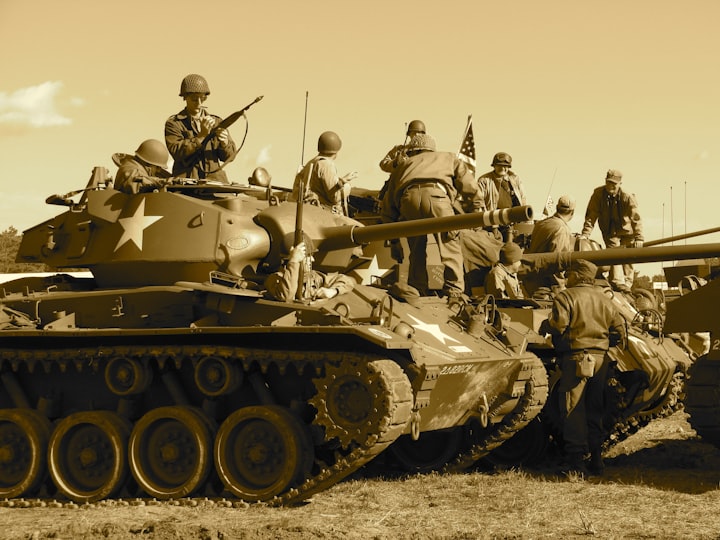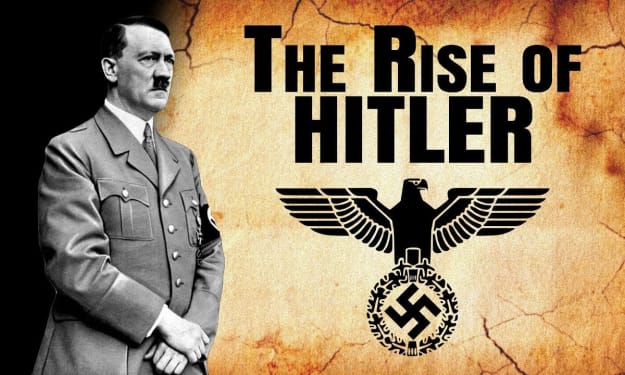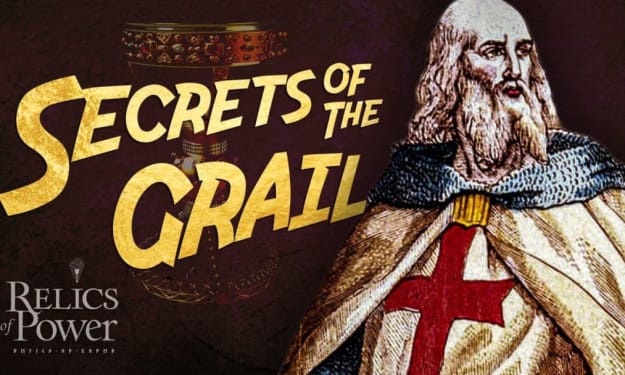
World War II, likewise called Second World War, was a contention that elaborate basically all aspects of the world during the years 1939-45.
The important belligerents were the Axis powers — Germany, Italy, and Japan — and the Allies — France, Great Britain, the US, the Soviet Union, and, less significantly, China.
It was the greatest clash in history that had endured very nearly six years. Almost nearly 100 million individuals had been militarised, and 50 million had been killed.
Reasons for War
Following The first World War, the triumphant Associated Powers met to choose Germany's future. Germany had to sign the Treaty of Versailles. Under this treaty, Germany needed to accept the guilt for the conflict and to pay repayments. Germany lost region and was restricted from having an enormous military.
The embarrassment looked by Germany under this deal, prepared for the spread of Ultra-Patriotism in Germany.
The League of Nations was a global association set up in 1919 to keep world harmony. It was expected that all nations would be individuals and that assuming there were debates between nations, they could be settled by discussion as opposed to forcibly.
The League of Nations was smart approach, but at the end of the day a disappointment, as not all nations joined the association. Additionally, the Association had no military to forestall military animosity like Italy's attack of Ethiopia in Africa or Japan's attack of Manchuria in China. postwar Germany was made to embrace a democratic constitution, as did a large portion of different states reestablished or made after the conflict.
During the 1920s, be that as it may, the influx of nationalistic, strategic despotism known by its Italian name, fascism. It vowed to pastor to people groups' needs more actually than a majority rule government and introduced itself as the one sure protection against socialism. Benito Mussolini laid out the principal Extremist, European tyranny during the interwar period in Italy in 1922.
Adolf Hitler, the Head of the German National Socialist (Nazi) party, taught a bigoted brand of despotism. Hitler vowed to upset the Versailles Settlement, reestablish German riches and magnificence and secure extra living space for the German public, who he battled merit more as individuals from a predominant race. In 1933 Hitler turned into the German Chancellor, and in a progression of resulting moves laid down a good foundation for himself as tyrant. Besides, in 1941 the Nazi system released a conflict of eradication against Slavs, Jews, and different components considered mediocre by Hitler's philosophy.
Hitler straightforwardly criticized the Deal of Versailles and started furtively developing Germany's military and weapons. Despite the fact that England and France knew about Hitler's activities, they figured a more grounded Germany would prevent the spread of Socialism from Russia.
An illustration of conciliation was the Munich Agreement of September 1938. In the Agreement, England and France permitted Germany to add-on regions in Czechoslovakia where German-speakers resided.
Germany made a deal to avoid attacking the remainder of Czechoslovakia or some other country. Notwithstanding, in Walk 1939, Germany broke its commitment and attacked the remainder of Czechoslovakia. And still, at the end of the day, neither England nor France was ready to make a tactical move.
The Beginning
the German intrusion of Poland on 1 September 1939 and accordingly two days after the fact, England and France proclaimed battle on Germany. This noticeable the start of The Second world War.
By the early piece of 1939 the German despot Adolf Hitler not entirely set in stone to attack and possess Poland.
Poland, as far as concerns its, had certifications of French and English military help would it be a good idea for it be gone after by Germany. Hitler planned to attack Poland at any rate, yet first he needed to kill the likelihood that the Soviet Union would oppose the intrusion of its western neighbor. Secret discussions in August 1939, prompted the marking of the German-Soviet Peace Settlement in Moscow.
After battle with scandenavian nations moved past, Germany attacked France, Belgium and Holland. During this stage, the western Europe experienced the Blitzkrieg - or 'lightning war'.
Regardless of more prominent quantities of air and armed force staff in Partnered powers, they demonstrated no counterpart for German Powers. In France a peace negotiation was endorsed with Germany, with the puppet French Vichy government. Having vanquished France, Hitler directed his concentration toward England, and started arrangements for an attack.
Enduring from July to September 1940, it was the main conflict to be battled exclusively in the air. German took choices to go after from runways and plants to the significant urban communities, yet some way or another the Royal Air Force figured out how to squeak a tight triumph.
After facing defeat in Britain, Hitler invaded Russia. The initial advance was swift, The bitter Russian winter, however, like the one that Napoleon had experienced a century and a half earlier, crippled the Germans. The Soviets counterattacked in December and the Eastern Front stagnated until the spring.
The Japanese, burnt out on American exchange bans, mounted an unexpected assault on the US Naval force base of Pearl Harbor, in Hawaii, on 7 December 1941. Through the Clash of Halfway 1942, the US entered The Second world War. the insight about mass killings of Jewish individuals by the Nazis arrived at the Allies, and the US promised to retaliate for these violations.
By the second half of 1942, Russian powers counterattacked at Stalingrad.In February 1943, Germany gave up at Stalingrad to Soviet Association. This was the main significant loss of Hitler's militaries.
As the Russian development on the Eastern Front accumulated pace, recovering Kharkiv and Kiev from Germany. Also, Associated planes started to go after German urban communities in huge sunshine air assaults. The Russians arrived at Berlin (capital of Germany) on 21 April 1945.
Hitler committed suicide on the 30th, two days after Mussolini had been caught and hanged by Italian sectarians. Germany gave up genuinely on 7 May, and the next day was commended as VE (victory in Europe) day. The conflict in Europe was finished.
Harry Truman - the new American president to authorize the utilization of a nuclear bomb against Japan. Such bombs had been being developed starting around 1942, and on 6 August 1945 one of them was dropped on the Japanese city of Hiroshima. After three days one more was dropped on Nagasaki.
No nation could have endure such assaults, and the Japanese gave up on 14 August. With the acquiescence of Japan, The Second Great War was at long last finished.





Comments
There are no comments for this story
Be the first to respond and start the conversation.